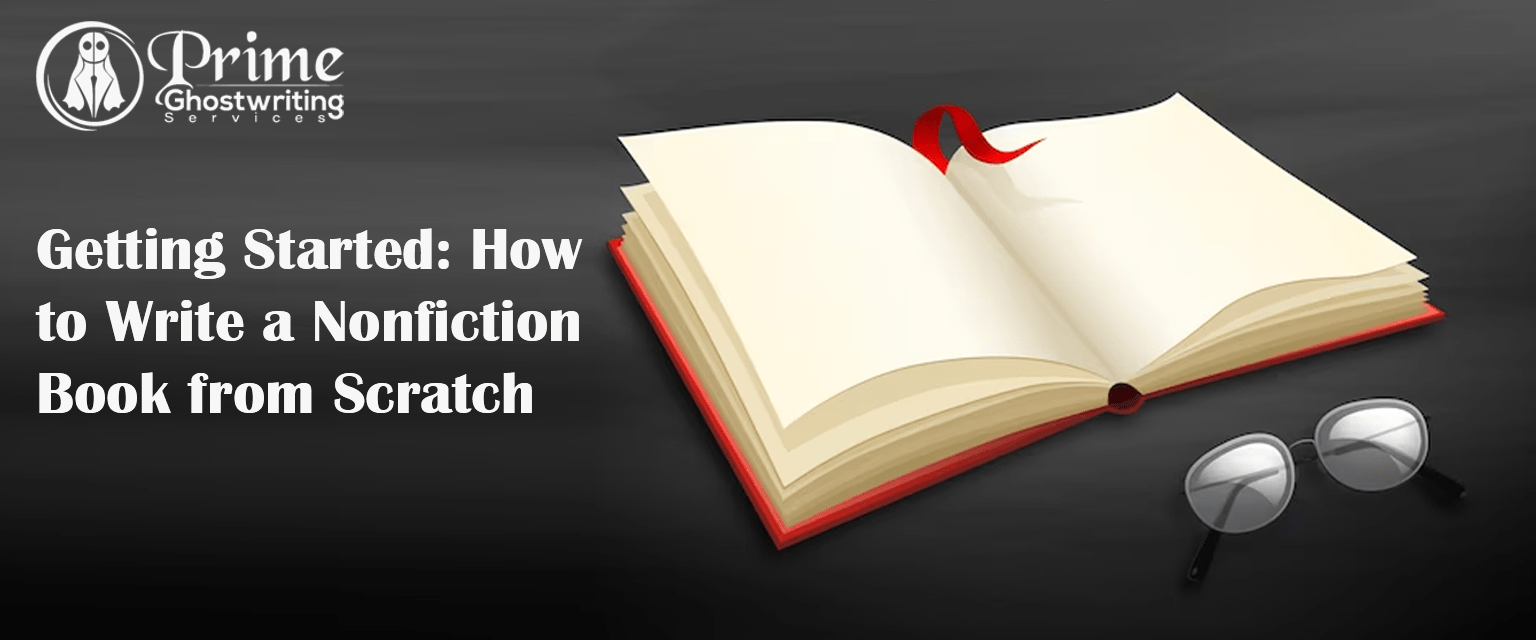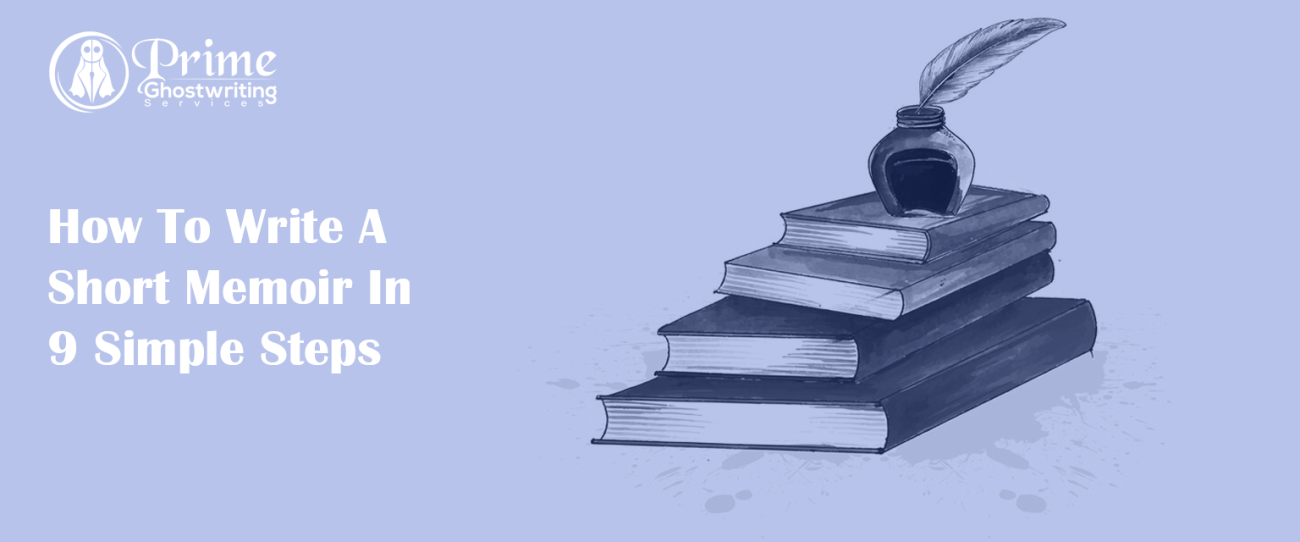Introduction
Defining Nonfiction Writing
Nonfiction writing is an attractive and rewarding project that allows authors to explore real-life events, ideas, and experiences. Unlike fiction, nonfiction writing is grounded in facts, research, and actual occurrences. It includes a huge range of genres, from memoirs and biographies to self-help guides and historical accounts. In this comprehensive guide, we will delve into the details of nonfiction writing, providing you with priceless insights and practical tips to help you embark on your journey of writing a nonfiction book from scratch.
Importance of Nonfiction Books
Nonfiction books play a crucial role in shaping our understanding of the world. They educate, inform, and inspire readers, offering in-depth knowledge on diverse subjects. Whether into an eye-opening revelation, a compelling biography, or a challenging exploration of a scientific phenomenon, nonfiction books have the power to spark intellectual curiosity and create meaningful change.
Getting Started with Nonfiction Writing
Understanding the Basics: What Sets Nonfiction Apart
Before you begin writing your nonfiction book, it’s essential to hold the fundamental differences between fiction and nonfiction. While fiction allows for creative freedom, whereas nonfiction demands accuracy, research, and a commitment to truth. Nonfiction writing involves careful fact-checking, reliable sources, and a dedication to presenting information in a clear, engaging manner.
Choosing Your Nonfiction Genre: Finding Your Niche
Nonfiction writing includes a wide range of genres, each catering to different interests and readerships. Consider your passions and expertise when choosing a genre. Whether you’re drawn to history, science, self-help, or personal stories, selecting a niche that resonates with you will make the writing process more enjoyable and authentic.
Identifying Your Target Audience
Understanding your target audience is essential to crafting a nonfiction book that resonates with readers. Identify the demographic, interests, and knowledge level of your future audience. Tailor your writing style, tone, and content to cater to their needs and expectations. A deep understanding of your readership will guide your writing and enhance the impact of your book.
Preparation and Planning
Researching Your Topic: Gathering Reliable Information
Thorough research forms the foundation of any compelling nonfiction book. Dive into reputable sources, scholarly articles, and primary documents related to your topic. Take careful notes, citing your sources accurately. Conduct interviews with experts or individuals with direct experience, adding depth and authenticity to your story.
Creating a Strong Outline: Structuring Your Book
Organize your ideas and research findings into a clear outline. A well-structured outline serves as a roadmap, guiding you through the writing process. Outline the main chapters, subtopics, and key points you want to cover. Consider the logical flow of information, ensuring a smooth transition from one chapter to the next.
Setting Realistic Goals: Timeframes and Milestones
Set achievable goals and deadlines to keep your writing process on track. Establish a realistic timeframe for completing your manuscript, breaking down the writing process into manageable milestones. Setting specific, measurable, and time-bound goals will help you stay focused and motivated throughout your writing journey.
The Writing Process
Overcoming Writer’s Block: Tips for Consistent Writing
Writer’s block is a common challenge faced by authors. Overcome this difficulty by implementing strategies such as freewriting, changing your writing environment, or taking short breaks to refresh your mind. Encourage a consistent writing routine, dedicating specific time each day to your writing practice. Writing regularly, even if it’s just for a short period, will help you maintain momentum and overcome creative blocks.
Crafting Compelling Introductions and Attractive Endings
The introduction of your nonfiction book sets the stage for what readers can expect. Craft a compelling introduction that grabs attention, outlines the purpose of your book, and establishes the relevance of your topic. Similarly, pay careful attention to your book’s ending. A powerful conclusion leaves a lasting impression on readers, summarizing key points, providing insights, and inspiring observation.
Developing a Unique Writing Style: Voice and Tone in Nonfiction
Developing a distinctive writing style is essential in nonfiction writing. Your voice and tone should align with the subject matter and resonate with your audience. Consider the level of formality suitable for your readers. Whether you choose a conversational tone or a scholarly approach, ensure consistency throughout your book. A well-defined writing style enhances the readability and relatability of your content.
Editing and Revising
Self-Editing Techniques: Polishing Your Manuscript
Once you’ve completed your initial draft, it’s time to edit your work carefully. Take a close look at your manuscript and revise it to make sure it’s clear, consistency, and conciseness. Eliminate unnecessary sentences, correct grammar and punctuation errors, and ensure a smooth flow of ideas. Pay attention to the overall structure and organization of your book, refining it to improve the reader’s experience.
Seeking Professional Editing Services: What to Look For
Consider engaging the services of a professional editor to further improve your manuscript. When choosing an editor, look for someone experienced in your specific genre or subject matter. Seek recommendations from fellow authors or writing communities. A skilled editor can provide valuable feedback, suggesting improvements in areas such as plot development, character consistency, and overall narrative flow.
Handling Feedback: Revising Based on Critiques
Stay open to feedback from beta readers, writing groups, or editors. Their constructive criticism can highlight areas for improvement where your writing gets better. Take their advice seriously, looking for patterns or common suggestions. Use this feedback to revise and enhance your manuscript, strengthening weak points and polishing your story overall.
Navigating Challenges
Dealing with Writer’s Doubt: Overcoming Insecurities
It’s natural for writers to experience self-doubt and insecurity, especially when delving into a complex topic. Acknowledge these feelings, but don’t let them delay your progress. Remember that writing is a process of continuous improvement. Stay committed to your vision, believe in your abilities, and draw inspiration from successful authors who faced similar challenges.
Balancing Facts and Creativity: Maintaining Integrity in Nonfiction
Keeping your nonfiction book honest is very important. While being creative can make your story more interesting, it’s crucial to make sure it’s still true. Be very careful to mention where you got your information from so readers can check it themselves. Don’t add extra details or make things up because that can make people doubt if your book is true. Aim for a good mix of creativity and truthfulness so your nonfiction book is both fun to read and believable.
Managing Time and Commitments: Prioritizing Your Writing Journey
To balance writing with your other responsibilities, you need to manage your time wisely. Decide what’s most important for your writing and set aside specific times for it in your schedule. Let your family and friends know when you’ll be writing so they can support you. Try to avoid distractions during your writing time by setting boundaries. Even if you make slow progress, sticking to your schedule will help you finish your book in the end.
Publishing Your Nonfiction Book
Traditional Publishing vs. Self-Publishing: Pros and Cons
Choosing between traditional publishing and self-publishing is a big decision in your writing journey. Traditional publishing involves submitting your manuscript to agents or publishers, who handle everything from editing to printing and selling your book. While this route offers validation and wider distribution, it can be competitive and time-consuming. On the other hand, self-publishing grants you complete control over your book’s publication. It’s quicker, you get more money from sales, and you can be as creative as you want. But you’ll have to do all the marketing yourself.
Query Letters and Book Proposals: Approaching Publishers and Agents
If you choose the traditional publishing route, craft a compelling query letter and book proposal. A well-written query letter should be short and grab the reader’s attention. The book proposal provides a detailed overview of your manuscript, including the table of contents, sample chapters, and author bio. Look for agents and publishers that specialize in your genre, tailoring your submissions to their specific requirements.
DIY Publishing: A Step-by-Step Guide to Self-Publishing
If you’re thinking about self-publishing your book, it’s important to follow a step-by-step process. First, make sure your manuscript is formatted correctly for the self-publishing platform you choose. Design an attractive cover that reflects what your book is about. Utilize self-publishing platforms such as Amazon Kindle Direct Publishing (KDP) or other online services that facilitate print-on-demand and copies of your book. Invest in professional editing, proofreading, and cover design services to ensure the quality of your book meets industry standards.
Marketing and Promotion
Building Your Author Platform: Social Media, Blogs, and Websites
Building an author platform is essential for connecting with your audience and promoting your nonfiction book effectively. Establish a professional website showcasing your author bio, book details, and contact information. Control social media platforms such as Facebook, Twitter, Instagram, and LinkedIn to engage with potential readers. Regularly update your blog with relevant content related to your book’s topic, representing your expertise and attracting followers who are interested in your niche.
Engaging with Readers: Book Launches, Author Events, and More
Plan a captivating book launch to generate buzz around your nonfiction book. Host virtual or in-person events, inviting friends, family, and readers within your network. Consider organizing book signings, author readings, or panel discussions related to your book’s theme. Engage with book clubs, libraries, and literary festivals to reach a broader audience. Collaborate with influencers, bloggers, and podcasters who cater to your book’s target demographic, expanding your reach and visibility.
Leveraging Reviews and Recommendations: Growing Your Reader Base
Ask your readers to leave reviews on platforms like Amazon, Goodreads, and BookBub. Positive reviews enhance your book’s credibility and attract new readers. You can also get in touch with book bloggers and reviewers in your genre, offering them complimentary copies of your book for honest reviews. Engage with book review websites and social media groups where readers discuss nonfiction books. Encourage readers who liked your book to tell their friends and family about it. Word of mouth is really important and can help your book reach even more people.
Conclusion
Celebrating Your Achievement: The Joy of Completing Your Book
Completing a nonfiction book is a big deal and something to be proud of. Acknowledge the dedication, time, and effort you invested in bringing your ideas into reality. Remember to celebrate this achievement and recognize all the dedication you’ve shown. Your book has the power to make a difference in people’s lives, teaching them new things and maybe even inspiring them to make positive changes.
Looking Ahead: Further Writing Opportunities and Projects
Your journey as a nonfiction author doesn’t end with a single book. Explore further writing opportunities, whether it’s crafting more books within your niche, contributing articles to reputable publications, or exploring new genres. Think about sharing your knowledge through online courses, workshops, or speaking at events. Keep learning and improving your writing skills, and don’t be afraid to explore new topics that you’re passionate about.


